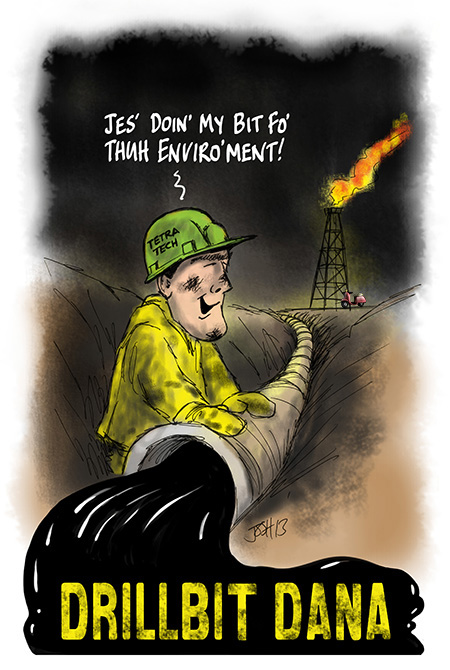 Bishop Hill
Bishop Hill Kelly on unbridled enthusiasm
 Jul 24, 2013
Jul 24, 2013  Climate: Sceptics
Climate: Sceptics  Climate: other
Climate: other Mike Kelly has a letter in Nature this week:
With more than US$1 trillion spent globally on research and development in 2007 (see go.nature.com/5wdd9p), sheer scale seems to be corrupting the scientific enterprise as individuals take ever more extreme measures to stand out.
For instance, parliamentary reviews of the 2009 'Climategate' scandal at the University of East Anglia in Norwich, UK, reported evidence of scientific misconduct (see go.nature.com/d6bdco). The allegations included questionable journal refereeing to promote a particular scientific line (see also Nature http://doi.org/ftb9hc; 2010). Instead, journals should be supported as places where unsettled science is refined by open debate. But, compared with 30 years ago, they do seem less willing to publish negative results or cautionary reviews that temper unbridled enthusiasm — perhaps because of ratings wars.










